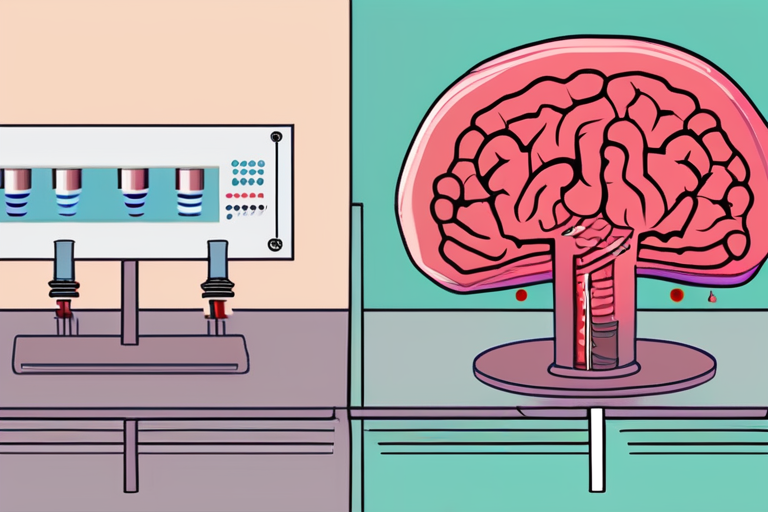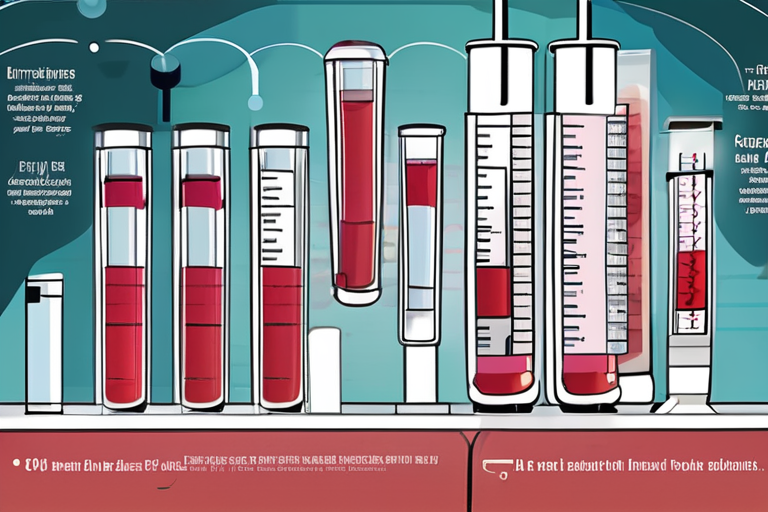FDA Approves Groundbreaking Blood Test to Accurately Detect Alzheimer's Disease


Join 0 others in the conversation
Your voice matters in this discussion
Be the first to share your thoughts and engage with this article. Your perspective matters!
Discover articles from our community

 Hoppi
Hoppi

 Hoppi
Hoppi

 Hoppi
Hoppi

 Hoppi
Hoppi

 Hoppi
Hoppi

 Hoppi
Hoppi

Breakthrough Blood Test for Alzheimer's Disease Approved by FDA The US Food and Drug Administration (FDA) has approved a new …

Hoppi

Breakthrough in Alzheimer's Diagnosis: FDA Approves Blood Test for Accurate Ruling In a significant development in the fight against Alzheimer's …

Hoppi

Breakthrough in Alzheimer's Diagnosis: Blood Test Approved by FDA The US Food and Drug Administration (FDA) has approved a new …

Hoppi

Breakthrough Blood Test Detects Dozens of Cancers Early A revolutionary blood test capable of detecting more than 50 types of …

Hoppi

Breakthrough in Alzheimer's Diagnosis: FDA Approves Blood Test with Near-Perfect Accuracy The US Food and Drug Administration (FDA) has approved …

Hoppi

Breakthrough Blood Test for 50 Cancers Shows Promising Results A groundbreaking study published recently has revealed that a blood test …

Hoppi